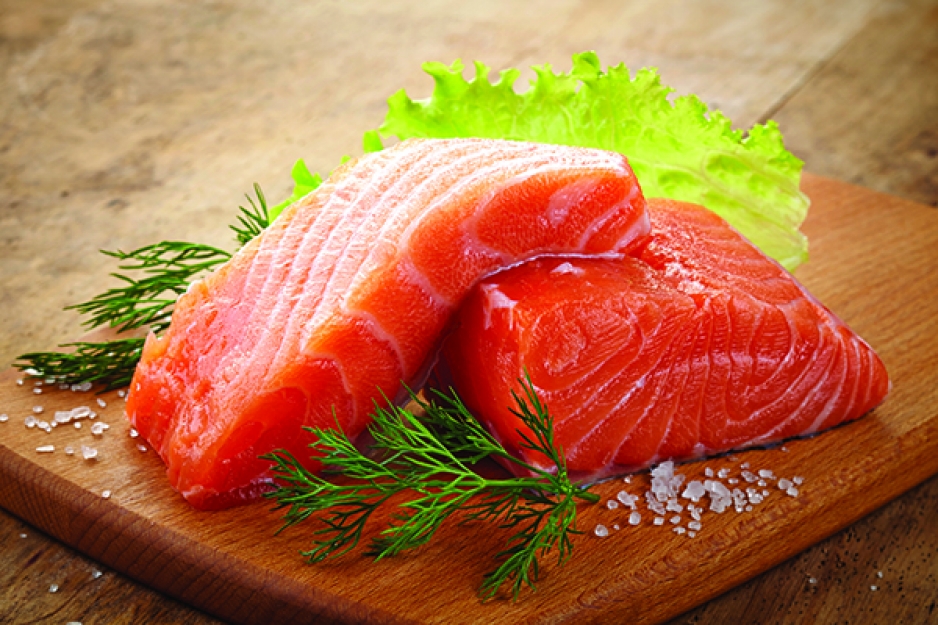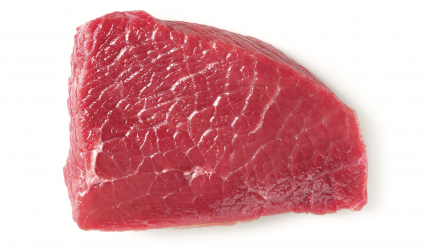There may be an advantage to staying fit that’s not currently on your radar. A recent Irish study found that athletes have more diverse gut microorganisms. That’s key, because a plethora of emerging studies have uncovered numerous rewards tied to harboring the right types, amounts, and balance of digestive bacteria. Here are three powerful benefits of fostering healthy gut microbes, and six simple strategies for feeding your gut right.
Mood and Brain Function
Researchers at UCLA had a hunch that there might be something to the notion of "gut feelings." They asked volunteers to undergo MRI scans, and then compared the subjects’ brain structures to the types of bacteria in their guts. The results revealed that the species of bacteria dominating the gut affect how brain circuits develop and how they're wired. This conclusion parallels animal research, which demonstrated that gut bacteria transfers affect behavior. For example, in a study conducted at McMaster University in Ontario, gut bacteria from mice with different personalities were swapped. Fearless mice became timid after receiving microbes from anxious counterparts, and the reverse was also true. Fearful rodents became more expressive and less apprehensive. In another twist, aggressive mice became calm when researchers changed their gut microbes by altering their diets. Scientists discovered that the vagus nerve, which is essentially a communication highway between the gut and the brain, played a key role in the microbe influence. Other factors may involve how digestive bacteria affect immunity, as well as the production of neurochemicals. The conclusion: for all intents and purposes, gut bacteria can be considered mind-altering microorganisms.
Anti-Aging and Metabolic Health
According to researchers at Georgia State University and Cornell University, promoting healthy gut bacteria can help prevent metabolic syndrome, a cluster of risk factors that up the chances of developing heart disease, type 2 diabetes and stroke. Scientists say that too much unhealthy gut bacteria promote low-grade inflammation, a known trigger of aging and chronic disease. A person with metabolic syndrome, which affects 34 percent of American adults, is diagnosed when they have at least three of the following conditions: a large waistline (over 35 inches for women and over 40 inches for men), high triglycerides, low “good” HDL cholesterol, high blood pressure and high fasting blood sugar. Someone with metabolic syndrome is twice as likely to develop heart disease and five times more likely to develop diabetes. Fortunately, eating in a way that promotes healthy gut microorganisms can quell inflammation, to lower the risk of metabolic syndrome and inflammatory-driven illnesses.
Obesity Prevention
Numerous studies have established a relationship between gastrointestinal microbes and obesity risk. In one study, when gut bacteria were transferred from thin humans to plump mice, the animals slimmed down, and vice versa – microbes from overweight humans caused trim mice to gain weight. The composition of gut bacteria, which is influenced by diet as well as stress, has also been shown to impact weight regulation. For example, disrupting the body’s circadian rhythm, through traveling to a different time zone or night shift work, alters the gut microbial community in ways that may lead to obesity and metabolic dysfunction. In one study, gut bacteria transferred from jetlagged humans to healthy mice caused the animals to pack on pounds —more proof that gut microbe balance may affect your weight, even without a change in your training regime.
Six Steps to a Healthy Gut
So what can you do the feed your “friendly” GI bacteria and promote an optimal balance? For now, research shows that these six strategies are your best offense:

Eat more fermented foods
Fermented foods contain probiotics—good bacteria tied to better gut health, stronger immunity, and obesity prevention. To bolster your body’s probiotic population, reach for top sources regularly, including sauerkraut, pickled vegetables, kimchi, kombucha, kefir and yogurt.
Make fatty fish a staple
University of British Columbia research revealed that diets high in DHA and EPA, the omega-3 fatty acids found in fish like salmon and sardines, boost quantities of beneficial gut bacteria. These microbes produce anti-inflammatory substances, which protect the body, both within the GI tract and beyond.

Snack on apples
A Washington State University study found that apples, particularly Granny Smiths, promote the growth of healthful gut bacteria. In fact, in obese mice, the indigestible apple compounds were fermented in ways that shifted the microorganism makeup to resemble that of lean mice.

Choose dark chocolate as your dessert
Louisiana State University scientists found that healthy gut bacteria feast on antioxidants in dark chocolate. They also work to help these anti-inflammatory compounds get absorbed from the gut into the bloodstream, where they can protect blood vessels from artery hardening.
Limit or avoid red meat.
New research published in Cell Metabolism found that gut bacteria convert a nutrient in red meat into metabolites that fuel inflammation and up the risk of developing heart disease.
Nix artificial sweeteners
A study published in Nature concluded that fake sugars change both the composition and function of gut microbes in ways that triggered an inflammatory response similar to a sugar overdose. The result alters the body's ability to utilize sugar, a condition referred to as glucose intolerance, which ups the risk of heart disease, stroke, and type 2 diabetes.
Cynthia Sass, author of S.A.S.S.! Yourself Slim; Conquer Cravings, Drop Pounds, and Lose Inches, is a nutritionist, Board Certified as a Specialist in Sports Dietetics. She is the nutrition consultant to the New York Rangers and New York Yankees and works with professional athletes in numerous sports. She can be reached via cynthiasass.com.





